I’ve never read King’s novel, but it’s now in queue.
The other day I rented 1997’s “The Shining” (miniseries), a three hour adaptation of King’s novel with a 320-page script written by none other than Mr. King himself.
Like so many people, I’ve seen Kubrick’s 1980 adaptation several times, and it’s a film that is so deeply rooted into our social consciousness that it’s difficult for us to imagine anybody other than Jack “Here’s Johnny!” Nicholson playing the part of Jack Torrance.
After doing a quick viewing of the miniseries, I then rolled it again along with the bonus commentaries which included Stephen King. I’ve become completely fascinated with the story, and now have a new appreciation for it that extends far beyond Kubrick’s re-imagined version.
Being familiar with Kubrick’s 1980 version, and then listening to King discuss not only the novel itself but the 1997 adaptation, is a very cool exercise in adaptation study.
To recap, the story outline:
Jack Torrance, a struggling writer and recovering alcoholic, takes a job as a winter caretaker in a Colorado hotel which will allow him to finish a piece of work. With his wife and son with him on the gig, he begins to see visions of deceased employees. With evil intentions, they manipulate Jack to the dark side, putting his family in jeopardy.
What’s interesting here is to study the distinct difference between Kubrick’s version and King’s original vision. The two takes are arguably polar opposites, and it comes down to perspective.
In Kubrick’s adaptation, he’s taken the conflict and EXTERNALIZED it into the form of a ghostly haunt. Not unlike “The Amityville Horror”, Jack Torrance becomes possessed by the spirit of an evil murderer from 1921. This murderer, vicariously through Jack, attempts to repeat his evil deeds by attacking Jack’s family with an axe (btw, there is no axe in the novel). Kubrick’s “The Shining” is a paranormal horror flick. That’s cool.
But even cooler in my opinion, is King’s original vision, which Kubrick deviated from. By comparison, one could argue that King’s original vision is less paranormal horror, and more psychological thriller. Less Amityville, more “Fight Club”.
According to King, he wrote “The Shining” during a time in his life where he was drinking a lot, and had a couple toddlers. He found himself startled at some of the thoughts he was having towards his own children, who were irritating the hell out of his drunk 27-year-old mind.
King explains that Jack Torrance’s struggle at the Overlook Hotel is less external (as Kubrick portrays it), and much more INTERNAL. He says it’s actually a metaphor for alcoholism. The spirits that he encounters in the hotel aren’t spirits in a metaphysical sense, but internal demons associated with addiction. Notice the role of alcohol — or lack of it — as Jack spirals.
So from the wife and son’s point of view, there are no ghosts. All they know is that Dad’s been drinking and he’s going crazy.
Another thing that I missed in Kubrick’s version suddenly dawned on me as I watched the King version. Quite simply, it’s King’s choice of character names for the father and son:
JACK and DANIEL.
Bottoms up.

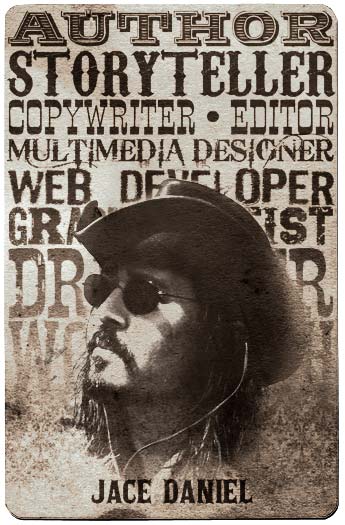


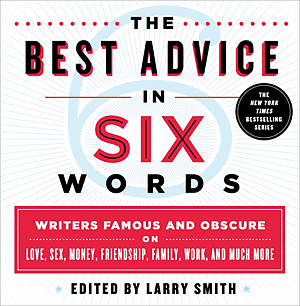
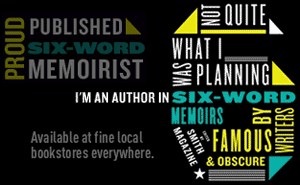
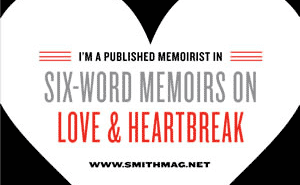

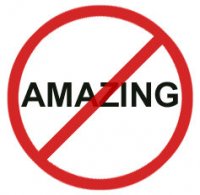


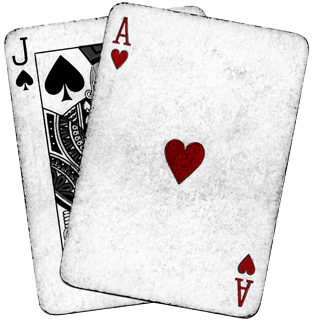
Comments on this entry are closed.